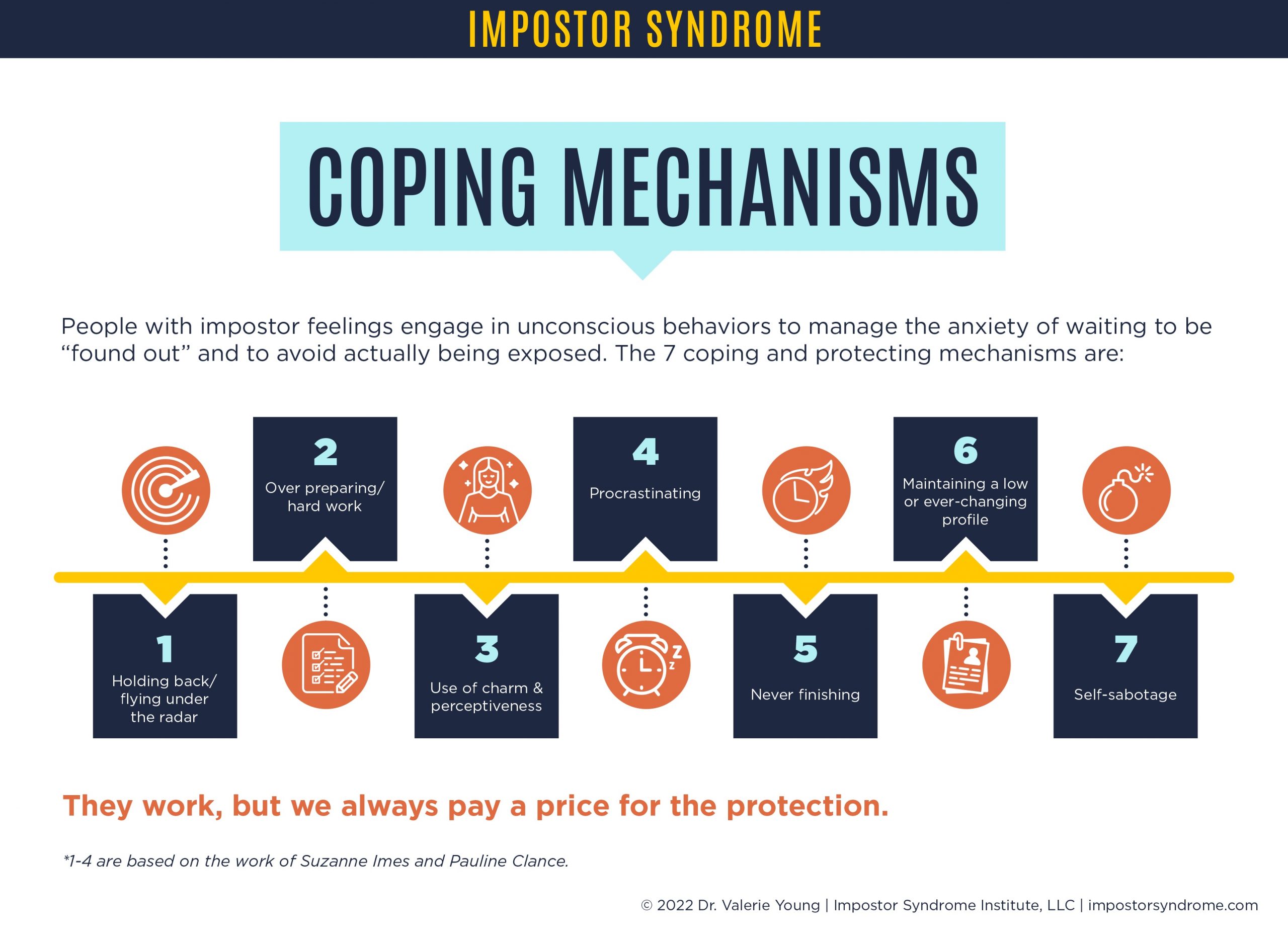Understanding the Cognitive Basis of Procrastination, Emotional Dependency, and Impostor Syndrome
Understanding the Cognitive Basis of Procrastination, Emotional Dependency, and Impostor Syndrome
Blog Article
Throughout our routines, we often encounter challenges that hinder productivity como não ter dependência emocional and personal o'que é ter dependencia emocional growth. Among the most common issues are procrastination, emotional dependency, and impostor syndrome. These problems not only disrupt personal and professional life, but addressing them can lead to significant personal improvement.
In this article, you’ll discover what these issues are, how they develop, and practical ways to address them. By gaining this knowledge, you can take control of your habits and achieve your goals with confidence.
What is Procrastination?
Procrastination is the tendency to postpone tasks or decisions that require immediate attention. It is commonly caused by fear of failure, perfectionism, or lack of motivation.

Studies reveal that procrastination is rooted in the brain’s preference for short-term rewards. People often procrastinate when they feel unmotivated or overwhelmed. Recognizing these triggers is essential to addressing the issue effectively.
What is Emotional Dependency?
Emotional dependency occurs when someone relies heavily on others for approval, validation, or support. While seeking connection is natural, excessive emotional dependency leads to imbalance and stress.
People with emotional dependency may struggle to make independent decisions. This behavior often stems from childhood experiences, such as a fear of abandonment or low self-esteem. Building self-awareness and working on personal growth can help reduce dependency and promote emotional balance.
The Effects of Impostor Syndrome on Self-Confidence
Impostor syndrome is the persistent belief that one’s success is undeserved. Despite achieving success, individuals with impostor syndrome attribute their achievements to luck or external factors.

This mindset can lead to chronic stress, low self-confidence, and missed opportunities. Research suggests that addressing impostor syndrome requires acknowledging accomplishments, reframing negative thoughts, and seeking constructive feedback.
Practical Tips for Personal Growth
To combat these challenges, consider implementing the following strategies:
- For procrastination: Break tasks into smaller steps and practice time management strategies such as the Pomodoro Technique.
- For emotional dependency: Develop self-reliance through activities like journaling, therapy, or mindfulness practices.
- For impostor syndrome: Keep a journal of your achievements and seek support from trusted mentors or peers.
The key to lasting change—adopt these habits gradually to create long-term improvement.
Conclusion: Taking Charge of Your Mental Habits
Procrastination, emotional dependency, and impostor syndrome don’t have to define your life. By understanding their causes and applying effective strategies, you can achieve significant personal growth.
Begin today—pick a single habit to focus on and apply it consistently. Over time, you’ll see improvements in your mindset and daily life.
Report this page